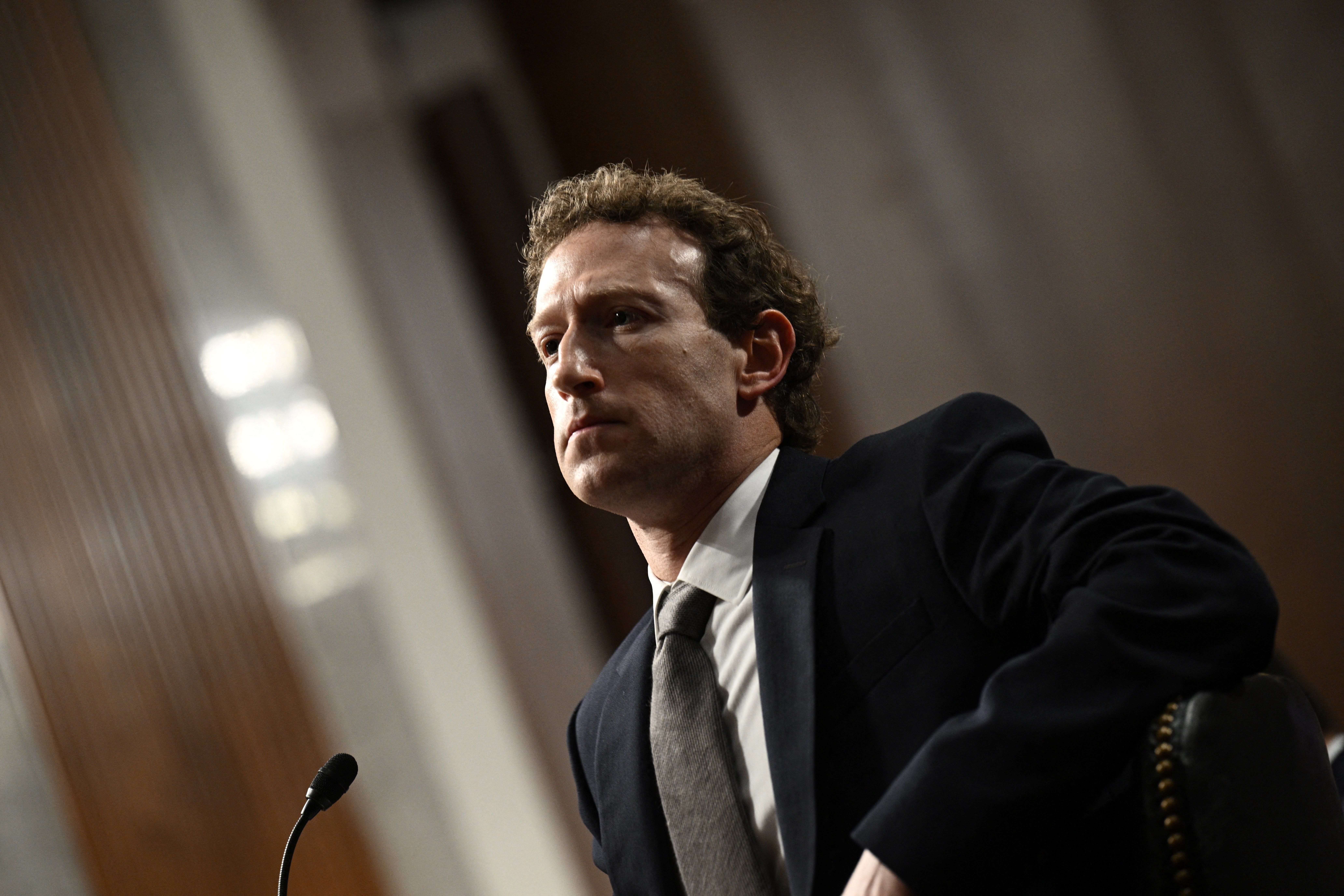EU rejects Zuckerberg’s claims of censorship as Meta shifts fact-checking policy

The European Union has rejected accusations by Meta CEO Mark Zuckerberg that the bloc’s regulations amount to censorship. This response came a day after Meta announced it would end its third-party fact-checking programme in the United States and transition to a “community notes” model.
During the announcement of the policy change, Zuckerberg criticised the EU, saying: “Europe keeps passing laws that institutionalise censorship and make it nearly impossible to build anything innovative here.”
“We absolutely refute any claims of censorship on our side”, European Commission spokesperson Paula Pinho said on Wednesday. She was joined by another Commission official, Thomas Regnier, who emphasised that the EU’s Digital Services Act (DSA) does not force platforms to remove lawful content. “Only content that is illegal in real life must be taken down online,” Regnier said.
'Systemic risks'
The DSA requires platforms to address “systemic risks”, such as disinformation or election interference. However, it allows companies to choose their own methods to comply, as long as they are effective. Regnier noted that the EU is assessing the effectiveness of community notes in its ongoing investigation into X.
Meta’s shift in the US comes ahead of president-elect Donald Trump’s inauguration and appears to align with the incoming administration’s agenda. The company recently placed Trump ally Dana White on its board of directors and appointed a longtime Republican to oversee its global policy efforts.
In the EU, however, Meta clarified that fact-checking programmes will remain in place for now. If the company decides to implement community notes in the EU, it will first need to conduct a risk assessment and submit it to the European Commission for approval, as required by the DSA.
Mark Zuckerberg, CEO of Meta © PHOTO BRENDAN SMIALOWSKI / AFP
Related news

